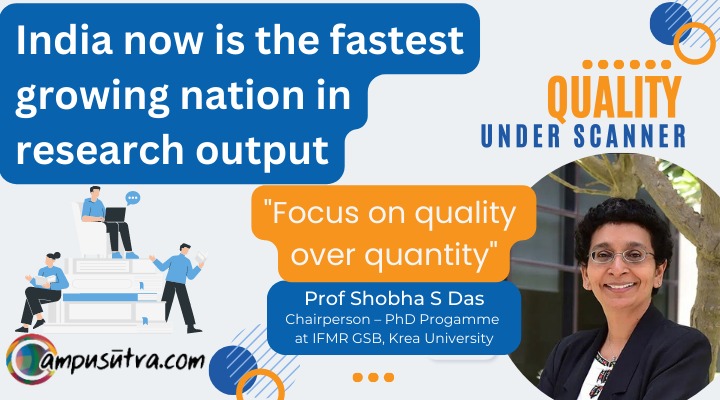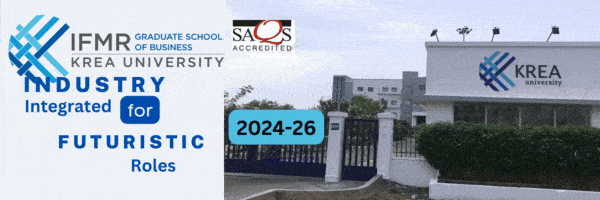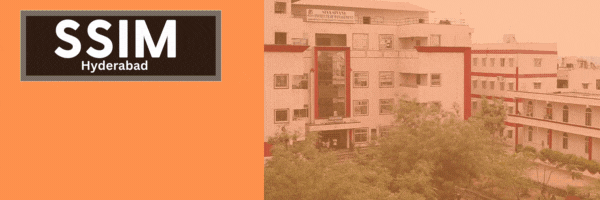India is now one of the fastest growing nations when it comes to research. According to research insights database SciVal, India’s research output grew by 54% in the past 5 years, which essentially is double the global average, thus making India 4th largest research hub in the globe. The global average research growth has been 22% during the same period. At this growth rate India is expected to surpass the United Kingdom in research volume soon.
India’s 11 public and private Institutes of Eminence (IOE) have produced 1,50,000 academic papers and 1.4 million citations.
However, how much of this research is of use or really impactful or relevant to any social cause is a matter of concern. According to the QS research reports, India falls behind when it comes to ‘impact of the research produced’ with a ranking of 9th for citations counts and should focus on ‘high quality relevant research’.
Quality research papers have always been a challenge. The outcome of any research, specially applied research, should definitely add some tangible value and is expected to impact socioeconomic challenges or new opportunities.
According to Prof. Shobha S Das, Chairperson – PhD Programme, IFMR GSB Krea University, “Good quality research takes time and effort. Every researcher should focus on quality over quantity, always. Research can be both rigorous and relevant. When well-trained researchers carry out systematic studies to understand significant phenomena, and answer important questions, they can contribute to improving business practices and enabling the creation of value for society.”
Incidentally, in India among the most recurring issues that research studies face is inadequate funds, proper ecosystem and opportunities.
“At IFMR GSB, Krea University, we have addressed these key problem areas. Our Doctoral programmes full time or part time, offer not just an environment which ensures excellence in research but also an ecosystem to support funding, international collaborations, waiver of fees, stipend for four years, accessibility to research centres and latest knowledge bases and last but not the least – excellent placement opportunities with consulting companies, corporate, think tanks, research centres and top academic institutes”, added Prof. Shobha Das.
To know more about PhD programmes at IFMR GSB or to apply CLICK
Hopefully more and more institutes will follow the path and adequate fundings will be allocated for quality research along with infrastructure that offers world class facilities.





